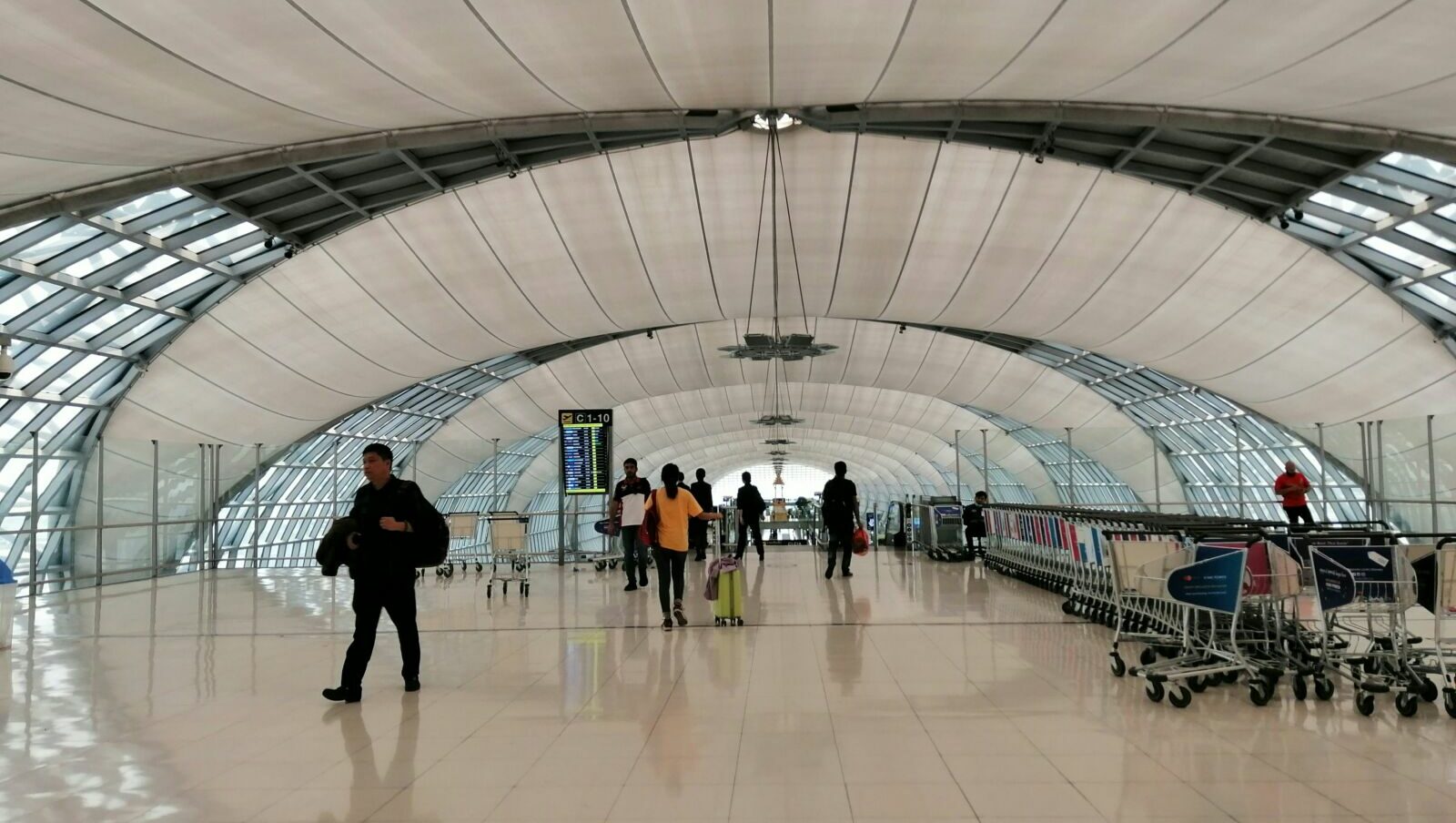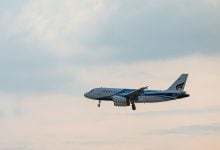Airline industry poised to surpass US$1 trillion despite delays

The global airline industry anticipates surpassing US$1 trillion in revenue due to record passenger numbers, despite facing significant challenges in acquiring new aircraft, according to the International Air Transport Association (IATA).
Issues with Boeing and Airbus have caused delivery delays, impeding airlines‘ ability to upgrade their fleets with more efficient planes that could reduce fuel expenses while accommodating increased passenger traffic.
“We’ve given them time. I think our patience has run out. The situation is unacceptable,” remarked IATA director-general Willie Walsh during a briefing in Geneva yesterday, December 10. Walsh, who previously led British Airways and its parent company, IAG, criticised the civilian aviation industry’s suppliers as operating like quasi-monopolies and seemingly profiting from the very problems they have instigated.
“We’re going to have to ramp up the pressure and maybe look for support to force key suppliers to get their act together.”
Engine manufacturers have encountered difficulties in delivering new engines and managing increased wear and tear on the latest models, leading to maintenance delays that disrupt fleet operations.
Among the affected carriers, Thai Airways International reported grounding aircraft due to prolonged maintenance delays amidst rising passenger demand. Airbus, the largest aircraft manufacturer globally, recently reduced its delivery targets due to these engine delays and other issues, while Boeing has had to decelerate production following a strike and increased regulatory scrutiny after a safety crisis.
Although the aerospace industry claims to be gradually normalising, it warns of persistent supply pressures extending into 2025. Despite these hurdles, IATA projects the industry will achieve record revenue of US$1.007 trillion next year, up from the anticipated US$964 billion this year. The association also forecasts a net profit of US$36.6 billion in 2025, compared to an expected US$31.5 billion in 2024, with a record 5.2 billion passengers expected to fly.
This marks a significant recovery from 2020 when the industry suffered a US$140-billion loss due to the Covid-19 pandemic. The resurgence in travel demand has bolstered the sector; however, airlines face criticism from environmental groups for increasing flights and exacerbating environmental impacts.
Airline industry
“If the amount of planes in the sky goes up, emissions will only keep going up more and more even if the planes are marginally more efficient,” stated Matt Finch, UK policy manager of Transport and Environment, earlier this year. A reduction in jet fuel prices is expected to provide some financial relief to the industry.
Walsh expressed optimism regarding the potential second term of US President-elect Donald Trump, suggesting that his first term’s policies benefitted the sector.
“The indication is that the second Trump administration is likely to reverse some of the actions that were taken under the (Joe) Biden administration. I would see the Trump administration as being a net positive for the industry.”
While specific details were not provided, investors expect a pro-business Trump administration to potentially enhance corporate travel, support mergers and acquisitions, and implement aviation-friendly policies. Additionally, Trump’s backing of US oil production might further decrease airlines’ fuel costs, reported Bangkok Post.
Nonetheless, IATA cautions that uncertainties linked to conflicts in the Middle East and Ukraine could pose risks to the industry’s stability, with a predicted 3.4% decrease in passenger yields, the average fare per mile flown, in 2025 compared to 2024.
Latest Thailand News
Follow The Thaiger on Google News:


























